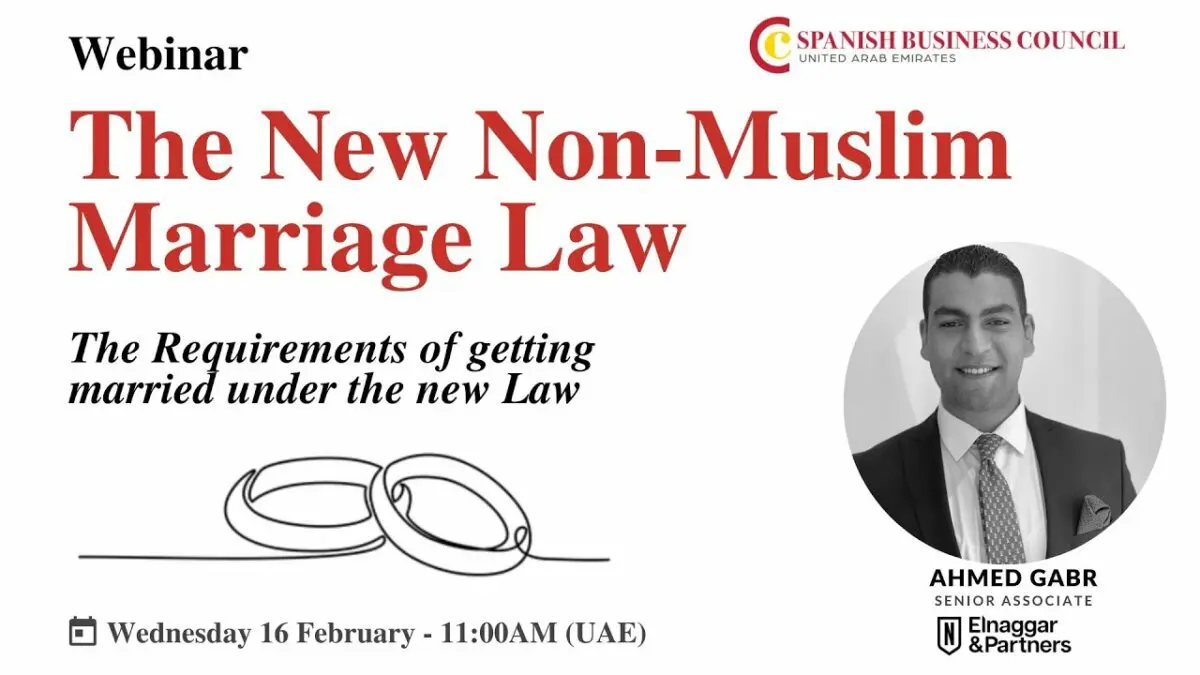Navigating the delicate balance between faith and communal harmony can be challenging, especially when it comes to participating in events that span multiple belief systems. The recent proposal for guidelines governing Muslim participation in non-Muslim gatherings, funerals, and houses of worship sparks important conversations about inclusivity, respect, and community engagement. As global cultures intertwine, these guidelines aim to clarify expectations, establish mutual respect, and provide direction for both Muslim participants and event organizers. Understanding the background and implications of these guidelines illuminates their significance in fostering interfaith relationships while honoring individual beliefs.
Interfaith Dynamics: Understanding the Need for Guidelines
The world today is characterized by an intricate tapestry of faiths coexisting side by side. In many regions, Muslims often find themselves participating in celebrations and funerals hosted by non-Muslim friends, neighbors, and colleagues. This intersection of cultures brings forth both opportunities for understanding and challenges of respect. The proposed guidelines reflect an acknowledgment of this reality, aiming to navigate the cultural sensitivities involved. It’s crucial to identify why such a framework has become necessary.
Historical Context and Cultural Sensitivity
Historically, interfaith dialogues have played a vital role in bridging gaps between different communities. With globalization, there has been an increase in multicultural events, with individuals from diverse backgrounds coming together to celebrate important milestones. The proposed guidelines stand as a testament to the evolving narrative of coexistence, providing a structure that not only respects Islamic principles but also encourages communal participation.
Guidelines and Their Implications
These guidelines are designed to ensure that participation remains respectful without compromising religious beliefs. They advocate for getting approval from relevant Islamic authorities when Muslims are invited to engage in non-Muslim events. Such measures urge clarity in the communication of customs and expectations surrounding different celebrations, ensuring that none feel out of place during interfaith gatherings.

Ecumenical Celebrations: The Need for Inclusivity
The guidelines also highlight the importance of inclusivity in interfaith celebrations. Events such as community festivals and ceremonies can serve as platforms for showcasing cultural richness, sharing traditions, and fostering mutual respect. Ensuring that Muslims can participate comfortably creates opportunities for dialogue and education about Islam, dispelling myths and fostering a sense of community. Inclusivity emphasizes collaborative efforts toward understanding, breaking barriers that often surround interfaith interactions.
Expectations for Muslim Participants
Muslims participating in non-Muslim events should also be aware of how their actions may be perceived. The guidelines suggest approaches that promote cultural sensitivity, such as adhering to modest dress codes, maintaining respectful behavior, and being cautious in discussions about faith. Proper guidance can ensure that all participants feel valued and respected, regardless of their beliefs.
Impacts on Community Engagement and Relationships
As society becomes more interconnected, the implication of these guidelines extends beyond mere participation. They influence community dynamics, affecting relationships between various faith groups. Enhanced understanding leads to stronger bonds and respectful discourse amongst differing communities.
Building Bridges: Fostering Understanding Between Faiths
Effective communication serves as the bedrock of any relationship. By inviting Muslims to engage with non-Muslim communities, these guidelines encourage a flow of information and experiences, enhancing knowledge and dispelling unfounded prejudices. Establishing environments where discussions flourish contributes to a far-reaching social change, as collective efforts reflect harmony rather than discord.
Community Leadership and Guidance
For community leaders, navigating these guidelines provides an opportunity to model respect and understanding. Leaders play a vital role in addressing concerns, and their approach toward the guidelines sends powerful messages to followers. Through organized workshops or discussions, community leaders can help individuals understand and appreciate the significance of interfaith engagement, emphasizing that participation in non-Muslim events can enrich their lives while respecting their faith.

Challenges and Concerns with the Guidelines
While the proposed guidelines address numerous aspects of interfaith engagement, they also raise questions about potential limitations. The balance between individual beliefs and communal responsibilities comes under scrutiny as different interpretations may arise. What constitutes respectful participation versus crossing boundaries? Additionally, the implementation of these guidelines must consider cultural nuances unique to each community.
Respect vs. Compliance: A Fine Balance
The dual expectation of respect for community traditions against compliance with Islamic teachings can create tension. Muslims invited to non-Muslim events may struggle to ensure that their participation remains within the bounds of their religious beliefs while respecting the practices and customs of their hosts. Clear communication between parties becomes essential in addressing this delicate balance, emphasizing mutual respect and understanding.
Future Directions for Interfaith Participation
As these proposed guidelines unfold, discussions around their application and implications will garner attention within communities. Creative initiatives to engage with non-Muslims are essential for fostering lasting relationships and enriching cultural exchanges.
Role of Technology in Bridging Communities
Technology can facilitate interfaith dialogues by providing platforms for digital gatherings, allowing individuals from varied backgrounds to engage meaningfully. Online events enable discussions surrounding cultural practices and beliefs, creating a shared space for understanding. Tapping into technology’s potential can lead to innovative approaches to cross-cultural engagement and education.
Long-Term Vision for Interfaith Relations
Ultimately, these guidelines aim to pave the way for a future where diverse communities come together in celebration of each other’s uniqueness. As Muslims engage in various cultural events with openness and respect, the objective is to cultivate a society where interfaith interactions cultivate empathy, love, and goodwill.

Source: www.thestar.com.my
I’m Mikael, a 35-year-old Gossip Gravity Creator. I’m passionate about curating captivating content that sparks conversations and ignites curiosity. Join me on this exciting journey as we explore the fascinating world of gossip and trends together!



